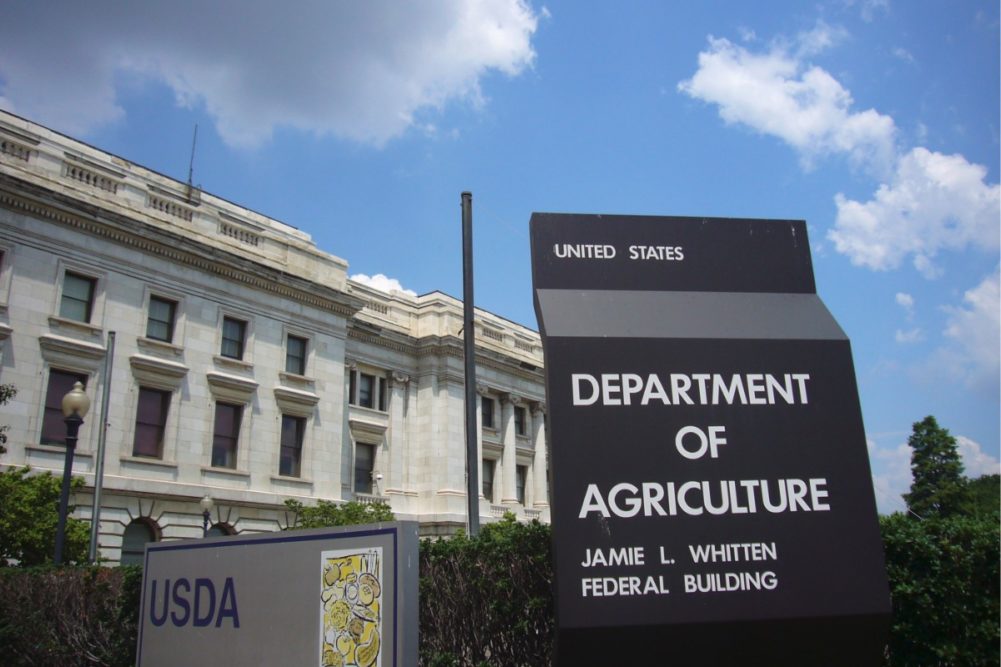WASHINGTON — On Oct. 14, the US Department of Agriculture’s Food Safety and Inspection Service (FSIS) released a proposed regulatory framework intended to help control Salmonella contamination in poultry products.
“We know that Salmonella in poultry is a complex problem with no single solution,” said USDA Deputy Under Secretary Sandra Eskin. “However, we have identified a series of strategic actions FSIS could take that are likely to drive down Salmonella infections linked to poultry products consumption, and we are presenting those in this proposed framework.”
Three key components shape the proposed framework:
- Requiring that incoming flocks be tested for Salmonella before entering an establishment;
- Enhancing establishment process control monitoring and FSIS verification; and
- Implementing an enforceable final product standard.
While the framework is under consideration, FSIS is gathering scientific evidence related to the approaches for addressing foodborne illnesses.
The agency will hold a virtual meeting open to the public on Nov. 3 to seek stakeholders’ input. Attendees are required to pre-register to the meeting.
Many industry stakeholders have already commented on the framework.
“In alignment with our strong commitment to food safety, Cargill supports the need to develop a public health risk-based approach to assist in meeting the Healthy People 2030 Salmonella targets,” said Angie Siemens, vice president for Food Safety, Quality and Regulatory at Cargill. “We look forward to reviewing the FSIS Salmonella framework and engaging in a robust dialogue on this issue.”
The National Chicken Council (NCC) expressed discouragement at FSIS’ approach to the framework.
“We support the need to develop science-based approaches that will impact public health, but this is being done backwards,” said Ashley Peterson, PhD, NCC senior vice president of scientific and regulatory affairs. “The agency is formulating regulatory policies and drawing conclusions before gathering data, much less analyzing it. This isn’t science — it’s speculation. We continue to be disappointed that the agency has failed to use science and research to drive its regulatory policies.”
The association noted that FSIS and the Centers for Disease Control and Prevention’s (CDC) data indicate a decline in Salmonella contamination. While pledging to continue to take precautions against foodborne illnesses, NCC said further consumer education on proper handling and cooking of raw meat is essential.

